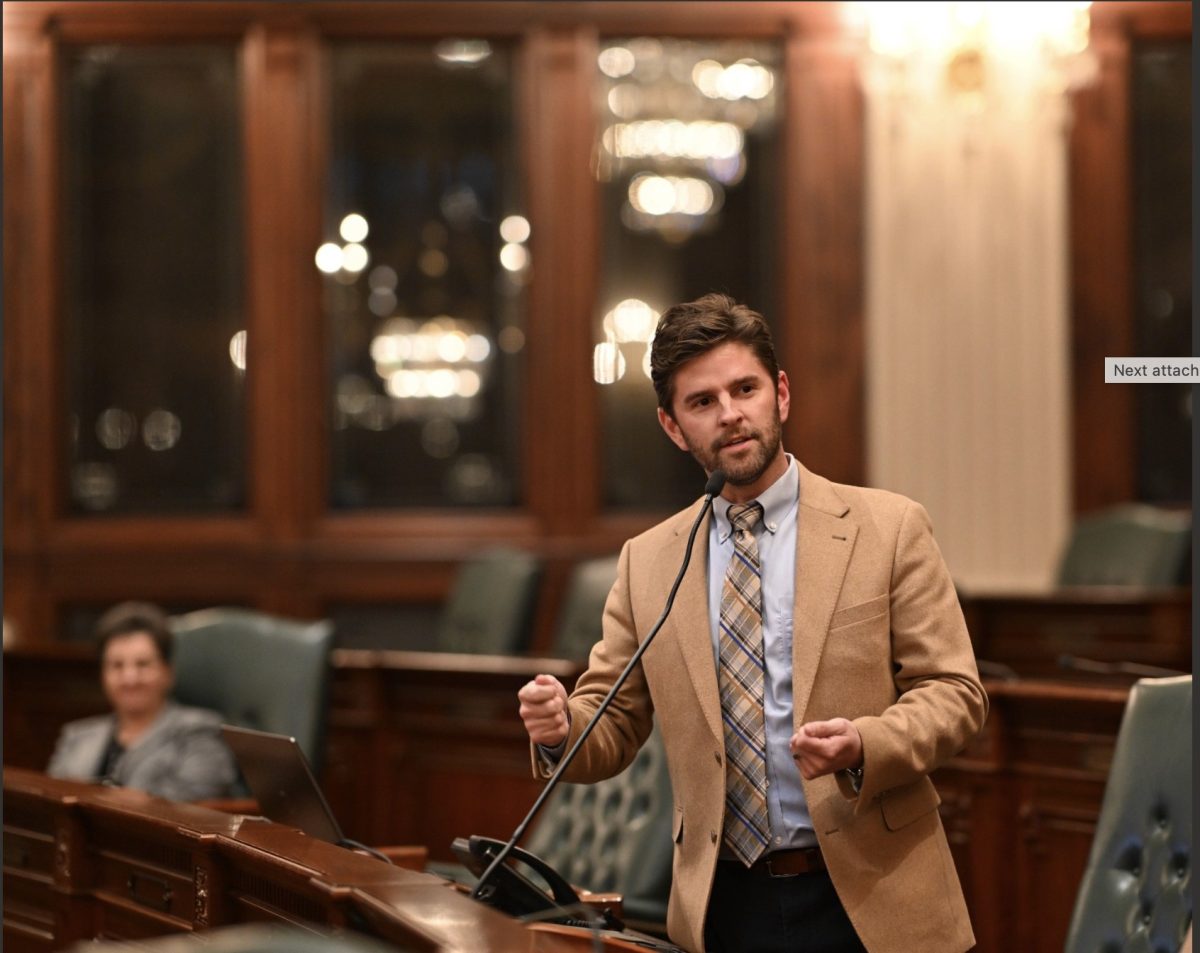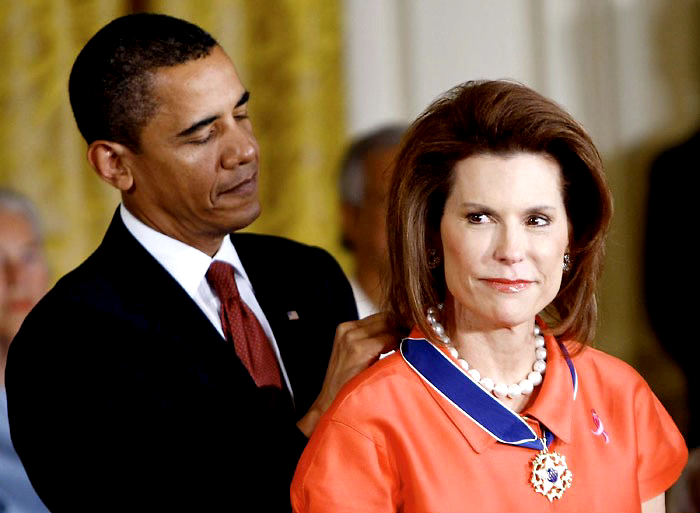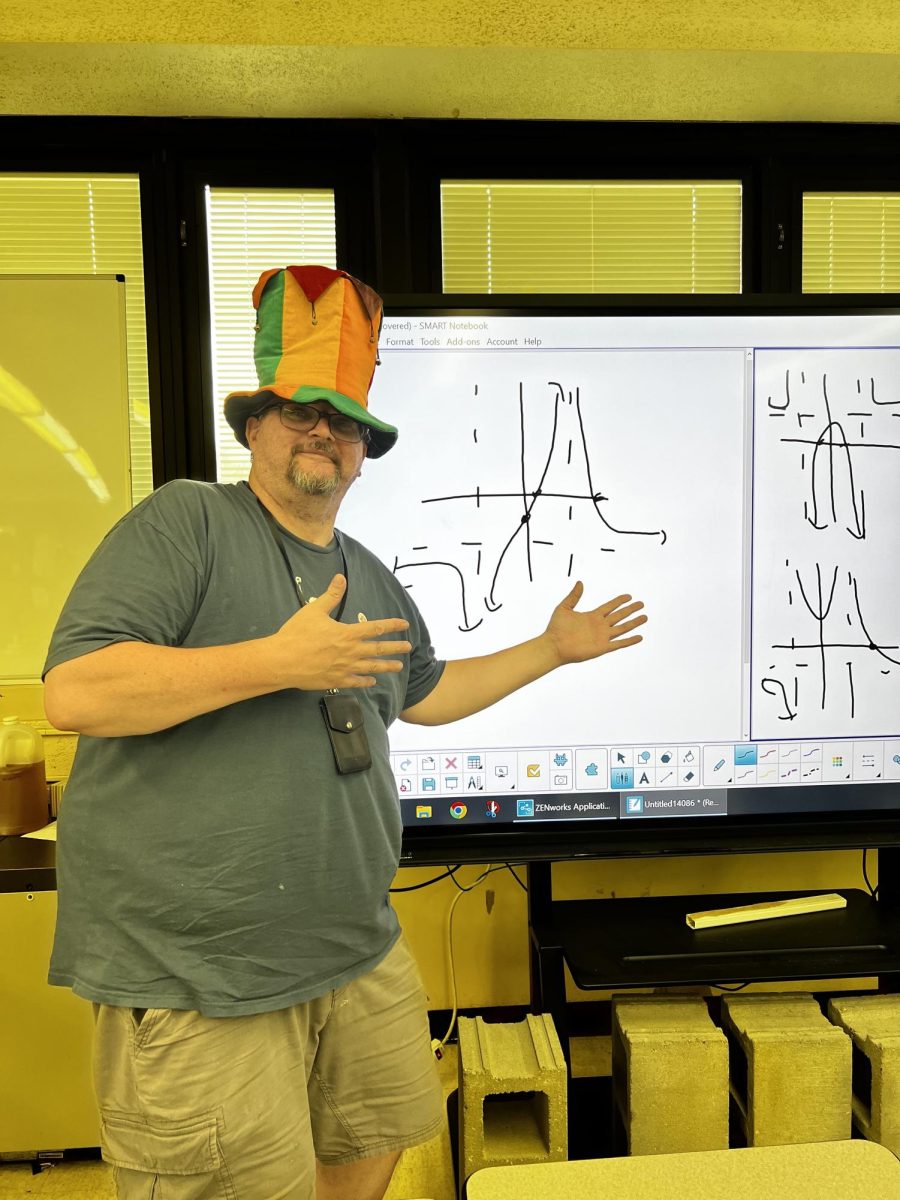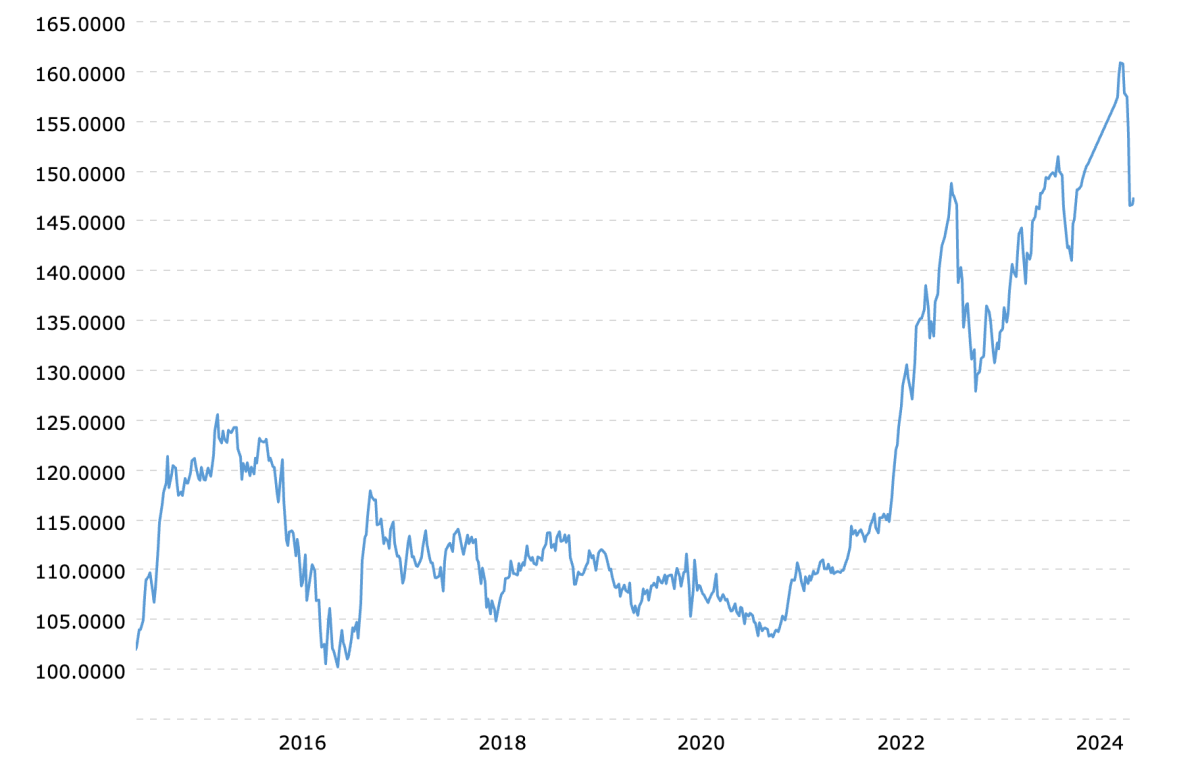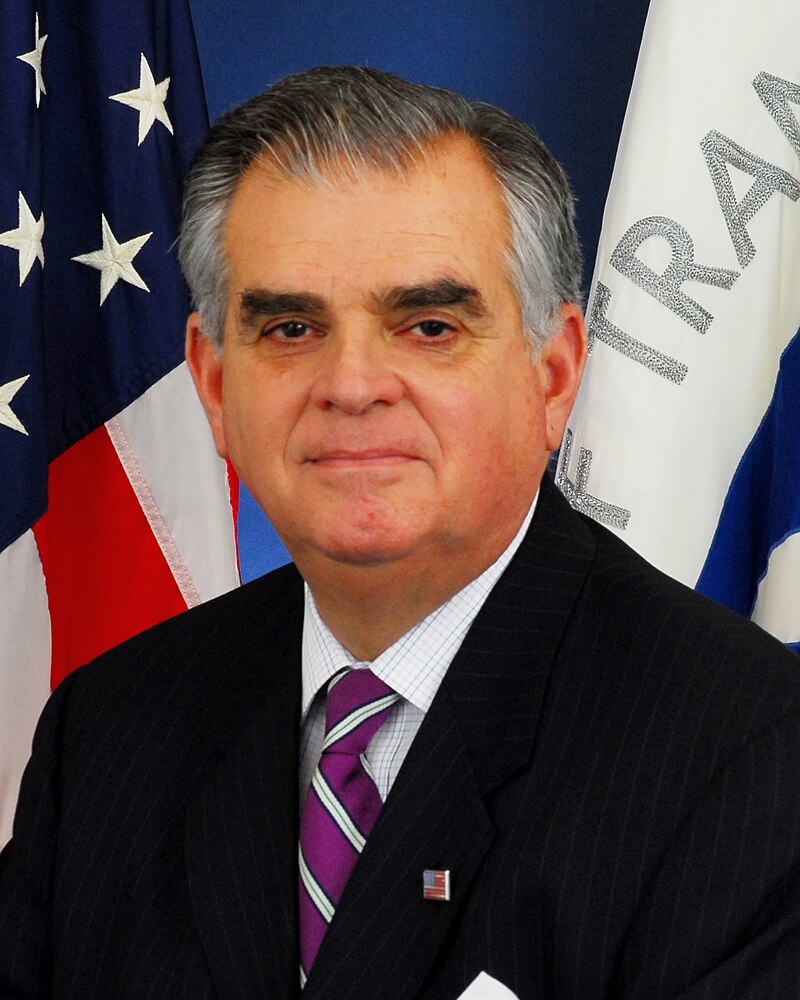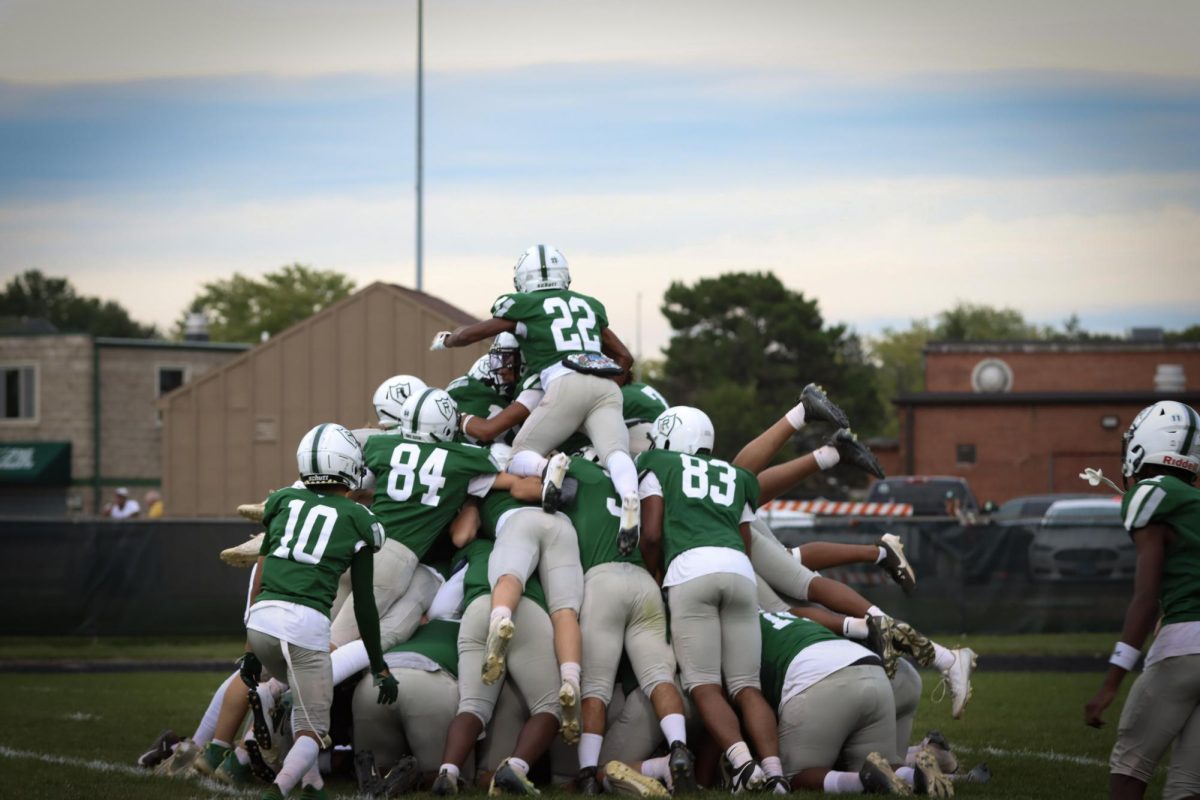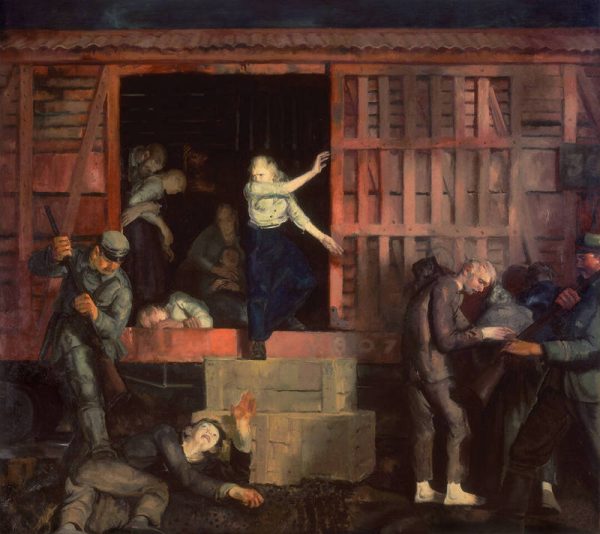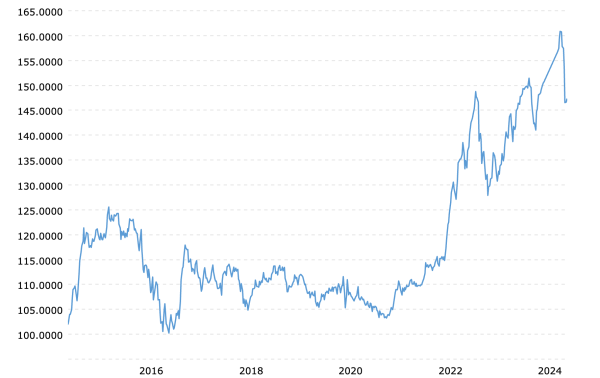An Ongoing Saga: The Arab-Israeli Conflict
In 1947, the Partition Plan, Resolution 181, was adopted by the United Nations. This divided Palestine into two states, on Arab and one Jewish (Israel). Thus, creating many issues such as the instigation of the first Arab Israeli war in 1948. Major land changes and a power shift in favor of Israel happened in 1967 when five Arab nations invaded the state of Israel and lost badly. Unfortunately this conflict has been ongoing for the past 75 years with few breaks in the violence.
This Arab-Israeli war led to an outcome of previously Palestinian territory being split into three parts. These comprise of the West bank, the Gaza Strip, and what is now the State of Israel. Since then, several conflicts have occurred. Palestinians continued fighting to gain control over Gaza and the West bank throughout the 1970s and 1980s.
Compromises such as the Oslo Accords led to accommodations and a withdrawal of Israelis within certain areas of the West Bank. Due to several intifadas led by Palestine in attempt to regain control over their prior territories, Israel constructed a barrier surrounding the West Bank in 2002. This directly opposed the International Court of Justice and the International Criminal Court.
In 2014, a Palestinian nationalist organization Hamas fired virtually three thousand rockets at Israel. Following this, Israel took its reprisal on the Gaza territory. In effect, 2,251 Palestinians and 73 Israelis were killed. In 2015, Palestine announced they would no longer be held accountable by the Oslo Accords following such violence.
During the spring of 2018, protests and demonstrations were held in Gaza, some peaceful although not all. The UN shared that 183 demonstrators were killed during this incident and over 6,000 were found injured. Subsequently, Gaza militants fired over one hundred rockets at the State of Israel. In 2020, the Trump administration proposed a “Peace to Prosperity” plan which was rejected by Palestine. This was due to disagreement over future Israeli settlement in the West Bank and complete Jerusalem. Although Israel deems Jerusalem in its entirety to be its capital, Palestine considers East Jerusalem to be their future capital. Nearing the end of 2020, the Abraham accords were proposed, as another futile attempt to found peace within the Middle East, which were once again rejected by Palestine.
Today, these Middle Eastern conflicts continue to persist. In 2022 alone, more than 150 Palestinians and 20 Israelis have been killed in the West Bank. In October of 2022, Israel’s occupation was ruled unlawful according to international law due to is longevity and permanence. This January, the UN Security Council held a meeting regarding the matter. The UN was asked to provide a legal opinion on Israel’s occupation of Palestinian territories. The Palestinians secured support from the UN General Assembly on December 30th when a resolution was suggested in which the International Court of Justice was asked to give a statement on the extent of Israel’s occupation legality in the West Bank. This resolution was supported by 87 countries and opposed by 26. Furthermore, the UN chief is said to be deeply worried about the current tensions between Israel and Palestine. He urges Israel to show restraint on their advances and occupations within Palestine. Israel’s prime minister Benjamin Netanyahu found this resolution and vote anti-Israeli calling it, “despicable.” He went on to say, “Jewish people are not occupiers in our eternal capital Jerusalem and no UN resolution can warp that historical truth.” Many Jewish people believe they have a given right to all areas in the land of Israel.
However, other politicians believe it is time for Israel to be held accountable for their actions and for peace to arise. Nabil Abu Rudeineh says Israel must be “held accountable for its ongoing crimes against our people.” The Midwest envoy, Tor Wennesland, cautioned that “a dangerous cycle of violence persists on the ground, amidst increased political tension and a stalled peace process.” He continued to say, “Israelis and Palestinians remain on a collision course amid escalating political and inflammatory rhetoric as well as heightened violence in the West Bank – both with potentially grave consequences. Absent a concerted and collective effort by all, with strong support from the international community, spoilers and extremists will continue to pour more fuel on the fire and we will move still further from a peaceful resolution of the conflict.”
The UN has sought to put an end to these violent occurrences and quell these conflicts. Countries around the world view this conflict as global and increasingly threatening. Although the UN reached an agreement on the resolution, they are not responsible for enforcing these international laws and agreements. Which essentially means the UN has no real power to fix the situation. All they can do is verbally condemn actions and suggest solutions. Unfortunately this has been the pattern since 1948. This leaves everything in a perpetual state of uncertainty and violence with no end in sight.



